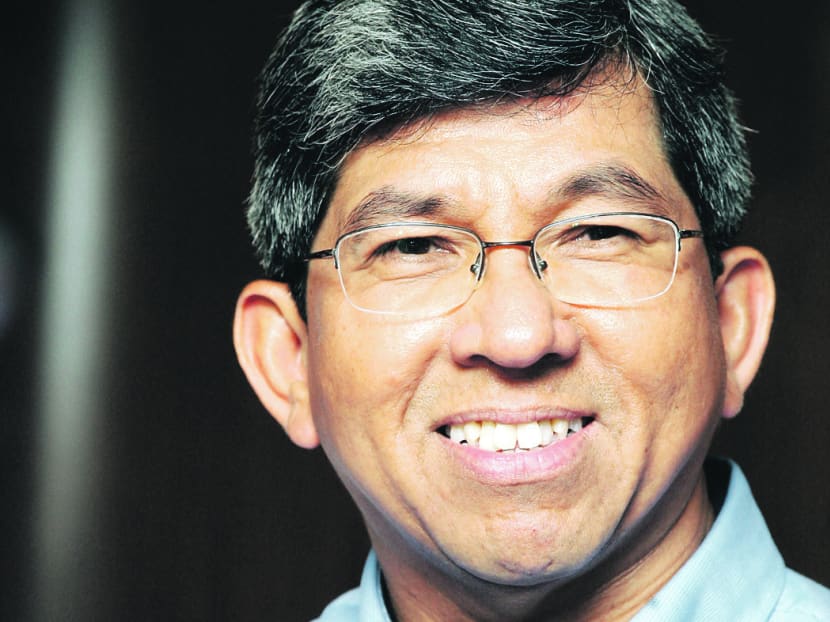Fears over new licensing rules ‘will prove unfounded’
SINGAPORE — Following an online backlash against the Government’s new licensing rules for news websites, Communications and Information Minister Yaacob Ibrahim yesterday said that the “worries of so-called restrictions on Internet space will prove to be unfounded in time to come”.
SINGAPORE — Following an online backlash against the Government’s new licensing rules for news websites, Communications and Information Minister Yaacob Ibrahim yesterday said that the “worries of so-called restrictions on Internet space will prove to be unfounded in time to come”.
Dr Yaacob also clarified that “someone who writes on Singapore current affairs and trends on his personal website or blog does not amount to news reporting” and, hence, would not be required to apply for a licence.
The Media Development Authority (MDA) also put up a lengthy Facebook post to “clear the air”, adding that the new rules were “not an attempt to influence the editorial slant of news sites” and there is no change to the content standards.
“These sites already have to observe content guidelines under the Class Licence which require the sites to make best efforts to keep their sites free of harmful content which are against public interest, public morality, public order, public security and national harmony,” it said. “These same class licensing guidelines will continue to apply under the individual licence.”
The new rules — which require Singapore news websites of a certain reach to be individually licensed — take effect today.
Since the authority announced the new rules on Tuesday, there were concerns among the online community about the impact of the licensing regime and whether it could be extended to websites run by volunteers or blogs should they meet the criteria.
On Thursday, 23 individuals from various local websites called on the Ministry of Communications and Information (MCI) to withdraw the new licensing regime for online news sites, and urged Members of Parliament to oppose the new rules.
Said Dr Yaacob: “I can understand the initial mixed reactions, but I am confident that the worries of so-called restrictions on Internet space will prove to be unfounded in time to come.”
Explaining the rationale, Dr Yaacob reiterated that online news sites were “becoming important sources of news for Singaporeans”.
“They should have the same responsibility as newspapers and television for their content. This is why we are revising the licensing framework for these sites,” he added.
Dr Yaacob noted that most sites will continue to fall under the existing class licensing framework and will not require an individual licence.
“The requirement for individual licence only applies to sites that focus on reporting local news and are accessed by at least 50,000 unique Singapore-based IP addresses a month,” he said.
Dr Yaacob noted that there are “only two changes”. “Firstly, content that breaches the content standards needs to be taken down within 24 hours of the MDA’s direction. Secondly, a S$50,000 performance bond, which can be furnished as a banker’s guarantee, will need to be provided.”
The authority said that smaller sites which cannot afford the S$50,000 bond could consider options such as a banker’s guarantee or insurance.
“The MDA will be happy to engage in further discussions with any licensee who may have concerns about meeting the licence obligations,” it said.
It added that it will “only step in when complaints are raised to our attention”, after assessing that the content is in breach of the content guidelines and merits action by the website owner.
The authority also pointed out that take-down requests are not common, with only one take-down notice issued in the past two years — for the trailers of Innocence of Muslims video which was posted on YouTube. The authority had requested Google to stop online access to the trailers.
Clarifying what type of content is prohibited, it said its content guidelines “are focused on core content concerns that would threaten the social fabric and national interests of our country. Examples include content that incites racial or religious hatred; misleads and causes mass panic; or advocates or promotes violence”.







